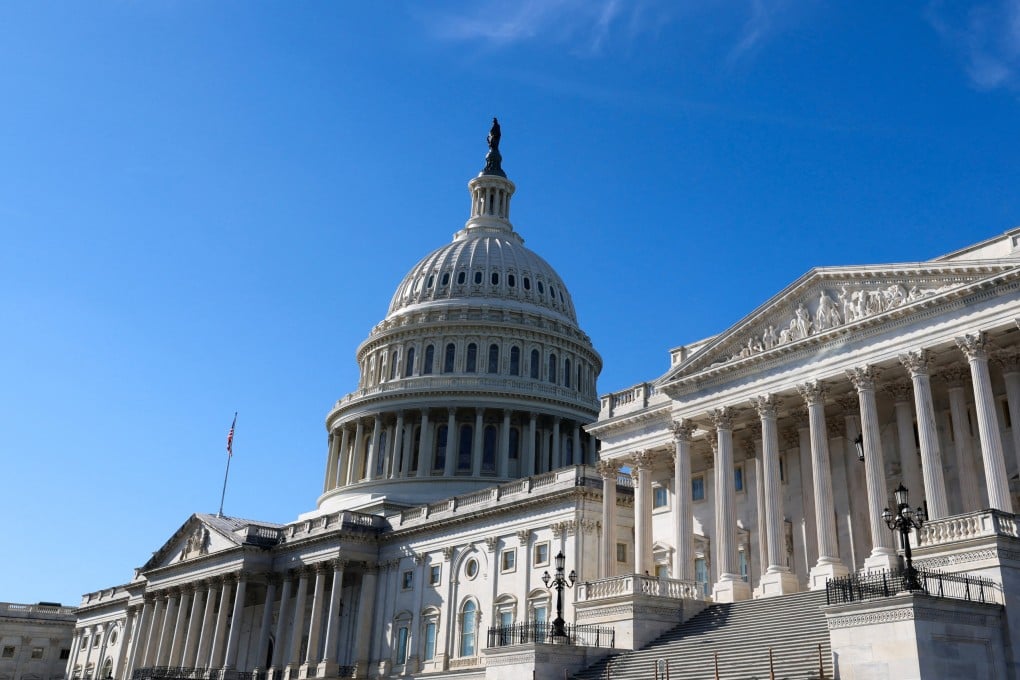Advertisement
China tech: 5 US venture capital firms invested over US$3 billion in mainland AI, semiconductors
- House panel rues ‘decades of investment’ after investigation of GGV Capital, GSR Ventures, Qualcomm Ventures, Sequoia Capital and Walden International
- Report finds more than US$1 billion has flowed to more than 150 semiconductor companies in China, including over US$50 million to SMIC
Reading Time:4 minutes
Why you can trust SCMP
4

Ji Siqiin Washington
A US congressional panel monitoring China has concluded that five American venture capital firms invested a combined US$3 billion or more in the mainland’s artificial intelligence and semiconductor industries, and used its findings to call for more restrictions on the US financial industry’s ties to the country.
The five were GGV Capital, GSR Ventures, Qualcomm Ventures, Sequoia Capital and Walden International, according to a report released by the US House select committee on the Chinese Communist Party on Thursday after a seven-month investigation.
Together the companies have invested more than US$1.9 billion in Chinese AI companies, which includes over US$1 billion in ByteDance, TikTok’s parent company, according to the investigation led by Wisconsin Republican Mike Gallagher, the panel’s chairman, and its ranking member, Illinois Democrat Raja Krishnamoorthi.
Advertisement
In addition, more than US$1 billion has flowed to more than 150 semiconductor companies in China, including over US$50 million to Semiconductor Manufacturing International Corporation, the report stated.
SMIC is the mainland’s largest semiconductor foundry company and since 2020 has been on the US government’s Entity List, which bars it from buying tools from US suppliers without a special licence.
Advertisement
Advertisement
Select Voice
Choose your listening speed
Get through articles 2x faster
1.25x
250 WPM
Slow
Average
Fast
1.25x